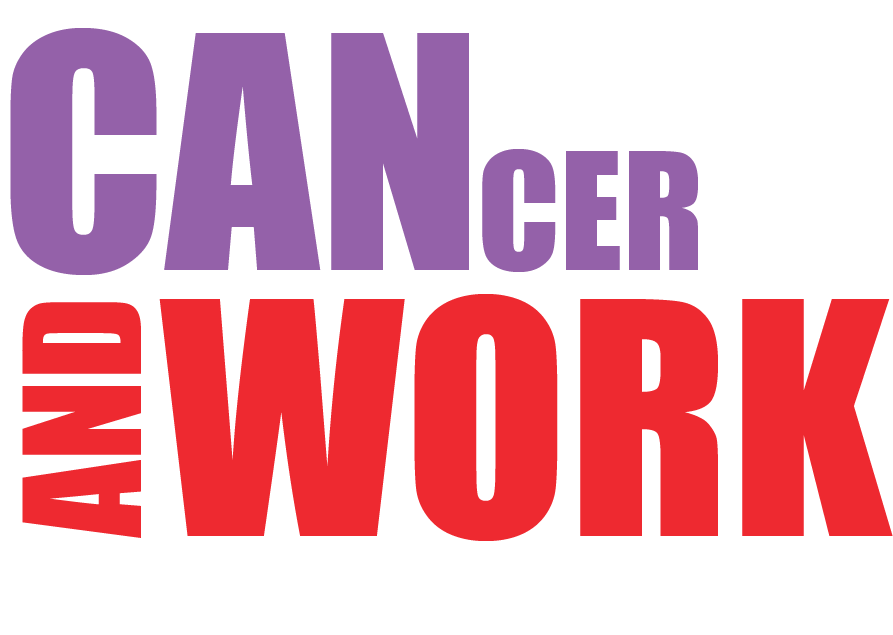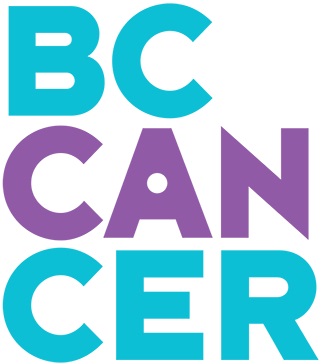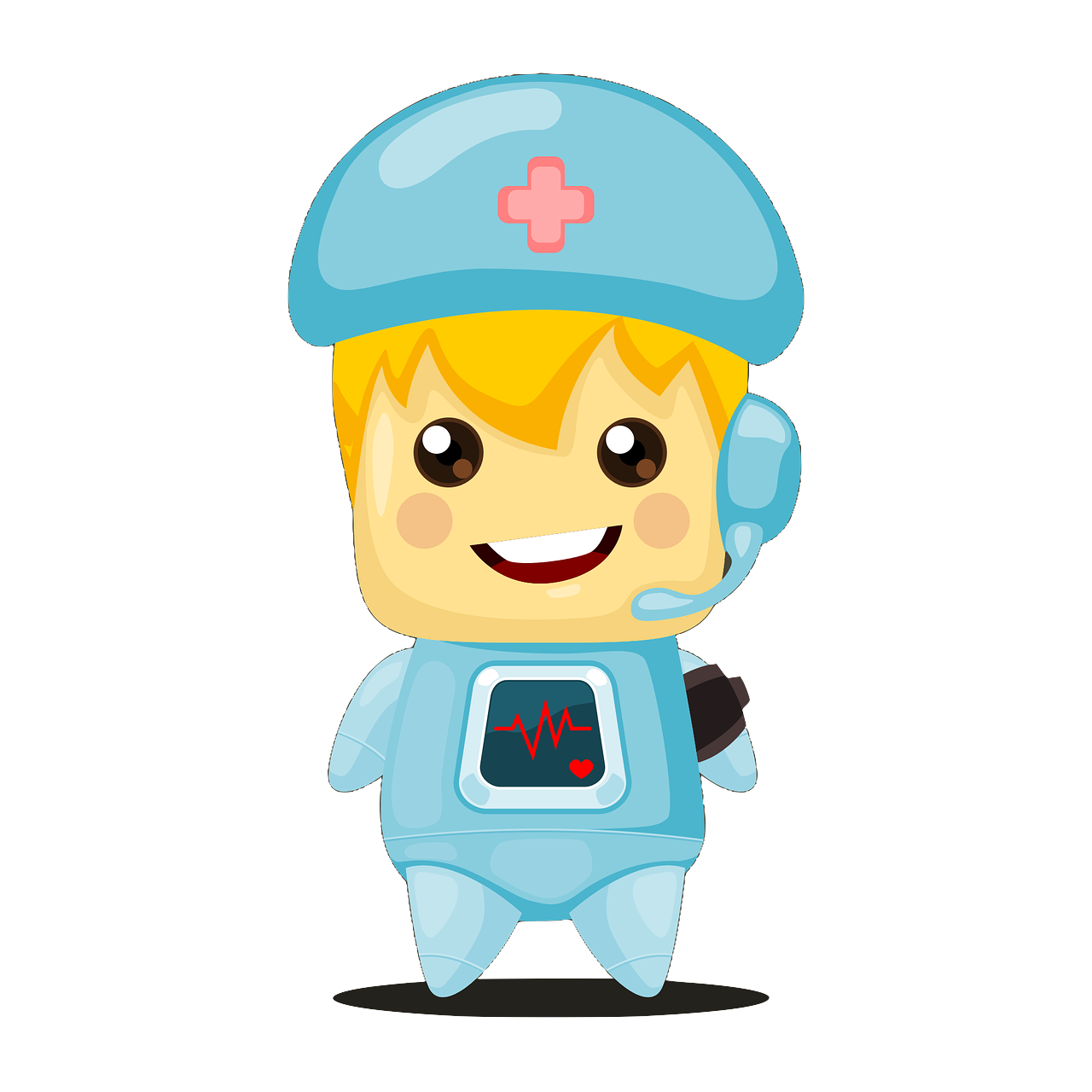Cognitive challenges
Authors:
Dr. Christine Maheu, RN, PhD ,
Ms. Rosemary Cashman ,
Kyla Johnson, Occupational Therapist, Segal Cancer Centre, Jewish General Hospital ,
Ms. Maureen Parkinson, Vocational Rehabilitation Counsellor, M.Ed. C.C.R.C, BC CancerDr. Christine Maheu, RN, PhD
Dr. Christine Maheu is an Associate Professor in the Ingram School of Nursing, Faculty of Medicine, McGill University. Dr. Maheu is also an Affiliate Scientist at the University Health Network and the University of Toronto. At McGill University, she teaches research methods, supervises graduate students (masters, doctoral, post-doctoral), mentors practicing nurses and students in research, and conducts research in English and French. She has held research awards with the Canadian Institutes of Health Research, the Canadian Cancer Society, and the Canadian Partnership Against Cancer. These awards funded her research in psychosocial oncology, which focuses on developing and testing psychosocial interventions or measurements tools for various cancer populations. Additionally, in partnership with Ipsos Canada and funded by the Canadian Partnership Against Cancer, she is co-leading a nationwide survey of the needs of cancer patients for transition care from the end of their treatment to three years after their diagnosis. Dr. Maheu received awards for excellence in nursing research (2013, 2015, 2016) from Ovarian Cancer Canada, the Canadian Association of Nurses in Oncology, and the Quebec Association of Nurses in Oncology.
View all Cancer and Work team members
Ms. Rosemary Cashman
Ms. Rosemary Cashman is a nurse practitioner at the BC Cancer Agency and an Adjunct Professor in the Faculty of Nursing at the University of British Columbia. Her professional experience includes the care of lymphoma, lung cancer and brain cancer patients. She co-chairs the Patient and Family Advisory Council, which guides the brain tumour care program at the BC Cancer Agency. She has authored book chapters and articles related to the care of brain tumour patients and their families. Ms. Cashman was involved in developing and implementing a rapid-access radiotherapy clinic for the palliative treatment of lung cancer and she continues to work in this clinic.
View all advisory board members and expert writers
Kyla Johnson, Occupational Therapist, Segal Cancer Centre, Jewish General Hospital
Ms. Kyla Johnson, M.Sc.A., originally from Edmonton, Alberta, Kyla Johnson works as an Occupational Therapist at the Segal Cancer Center of the Jewish General Hospital. She holds a Master of Science in Occupational Therapy from McGill University. Her goal as a rehabilitation professional in Oncology is to enable people with cancer to be able to do what they want and need to do, in all stages of their cancer experience. Kyla helps develop strategies and accommodations to facilitate a return to meaningful life roles, including work. She is specialized in cancer-related cognitive dysfunction and runs a weekly group teaching strategies to improve daily cognitive functioning. Kyla also leads a volunteer yoga class for young adults with cancer. She lives in Montreal, Quebec.
View all advisory board members and expert writers
Ms. Maureen Parkinson, Vocational Rehabilitation Counsellor, M.Ed. C.C.R.C, BC Cancer
Ms. Maureen Parkinson is the province-wide vocational rehabilitation counsellor at the BC Cancer Agency. She has also been vocational rehabilitation counsellor at a public rehabilitation hospital and vocational rehabilitation consultant to insurance companies and the court system. She has instructed and facilitated Service-Canada-funded programs on job searching and career exploration. Ms. Parkinson has a Masters in Counselling Psychology, is a Canadian Certified Rehabilitation Counsellor, and completed the Certified Return to Work Coordinator Program through the National Institute for Disability Management and Research. She has developed return-to-work and job-search seminars for cancer patients and created the guidebook “Cancer and Returning to Work: A Practical Guide for Cancer Patients” as well as on-line articles about returning to work and school. She also co-authored a paper commissioned by the Canadian Association of Psychosocial Oncology, “Cancer and Work: A Canadian Perspective”.
View all Cancer and Work team members

Reviewed by Dr. Lori Bernstein, core team member, neuropsychologist
Many people report experiencing cognitive challenges during and after cancer treatment. Cognitive challenges may be influenced by the type and location of cancer, the type and duration of treatment, the presence of other disease and medical conditions, and mental health challenges such as depression, anxiety and stress.
People treated for cancer may notice changes in their cognitive abilities, including their concentration and ability to focus or multi-task. They may also find it harder to learn new information or recall previously learned information and to find words while speaking or writing. Gradual recovery usually happens after treatment is over, but it varies a lot between people. Some symptoms are minor, and others may be more bothersome. Persistent symptoms are more common in people who have had chemotherapy (often called “chemo brain” or “chemo fog”) even though these symptoms can occur in people who didn’t receive chemotherapy. The reasons why these changes occur are still unclear, but it is believed that there are many factors and the problems are made worse in stressful environments.
Cognitive challenges may persist when a tumour is located in the brain. Because the brain’s different parts are highly specialized for particular functions, the location and the size of the tumour will cause specific types of challenges. Also, brain tumour treatments, the unique physiology of the individual and various medications can also alter cognitive functioning.
Vocational implications
Employees will need to consider how long they can concentrate on an activity and whether they require additional assistance to support (re)training. There may be periods during the day when employees feel more or less mentally alert. Being aware of these patterns will help employees and their supervisors identify work tasks and times when strategies for maximizing cognitive performance are needed.
Read specific job accommodations for cognitive challenges



